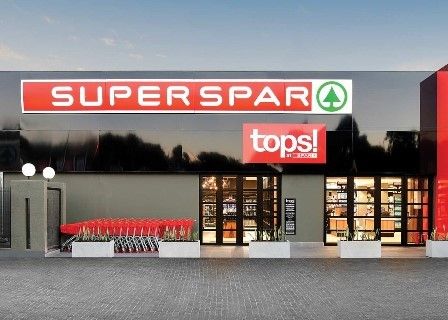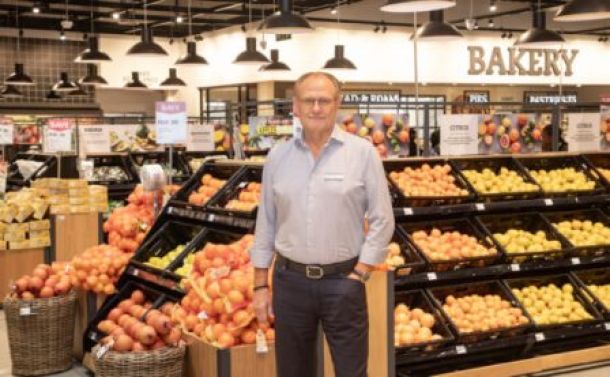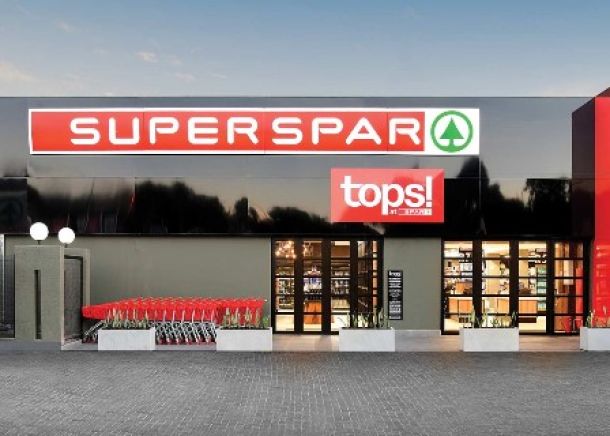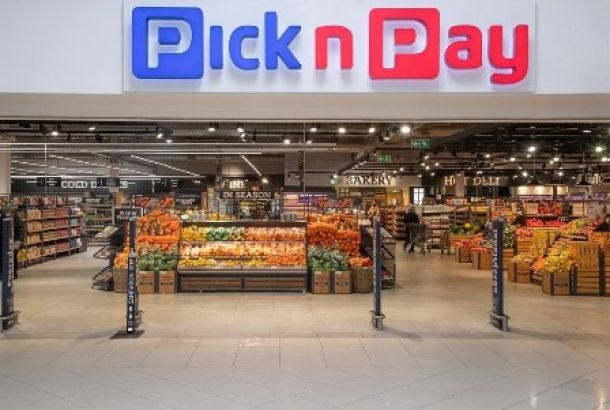
Load shedding bleeds one of South Africa’s biggest retailers of R700 million
The Spar Group has recorded a major hit to its financials for the six months ended 31 March 2023.
In South Africa, the group said its total turnover grew by 5.6% to R47.1 billion (2022: R44.6 billion).
However, the group added that its grocery and liquor sales were impacted by challenges facing the launch of its new SAP software at its KwaZulu-Natal distribution centre – noting that the estimated impact of the SAP go-live issues cost the company R786 million of lost wholesale turnover.
Turnover for the core SPAR grocery business increased by 7.9% to R36.0 billion (2022: R33.4 billion), while; Tops at Spar saw its turnover decline by 1.9% to R5.3 billion (2022: R5.4 billion)
The group’s pharmaceutical business, S Buys, increased its turnover by 20% to R729.4 million (2022: R607.7 million), supported by growth in Scriptwise (specialist pharmacy) and the Pharmacy at SPAR businesses.
Due to a drop in the building sector, Build It saw its turnover decline by 3.8% to R4.8 billion (2022: R5.0 billion)
Spar said that the main reason for the slowdown at Build It was the increased intensity of load shedding during the reporting period, with the higher levels of load shedding also affecting retailer profitability due to the increased energy costs associated with backup power.
Spar said that its retailers saw a significant increase in operating costs, driven by the increased cost of diesel for generators, higher repair and maintenance costs, and product wastage as generators can fail after extended hours of usage.
The group said that the added cost of diesel for its operations was more than R700 million for the period under review.
It added that it is trying to minimise the effect of load shedding by funding generators for retailers.
Although the group’s solar energy installations have reduced energy costs at its distribution centres, it said that it is not enough to protect it from the impact of load shedding.
Thus, Spar’s costs for diesel tripled when compared to the prior comparative period.
Internationally, the group’s activities in Ireland and England and Poland delivered turnover growth of 15.1% and 9.3% (ZAR-denominated), respectively.
Although the group’s activities in Switzerland increased by 6.9% in ZAR-denominated terms, it delivered a drop in turnover of 4.3% in CHF-denominated terms.
Overall, despite the group’s turnover increasing by 7.9% to R72.9 billion (2022: R67.6 billion), its operating profit dropped by 17.5% to R1.5 billion (2022: R1.8 billion).
Headline earnings per share also saw a major 30.2% drop to 447.7 cents per share (2022: 641.1 cents per share).
In light of the difficult situation facing its operations, the group said that it will not issue an interim dividend.
Outlook
The group’s management said that it will continue to focus on growth areas to drive turnover, and has seen a positive uptick in sales in the post-period end.
The group will launch a new strategy for its private label and will try to resolve all outstanding SAP software implementation challenges in KZN.
Its management will also focus on operational and capital expenditure discipline.
It added that the process of finding a new CEO is underway with the board conscious of the uncertainty caused during the period.
News Category
- International retailers
- On the move
- Awards and achievements
- Legislation
- Wine and liquor
- Africa
- Going green
- Supplier news
- Research tools
- Retailer trading results
- Supply chain
- Innovation and technology
- Economic factors
- Crime and security
- Store Openings
- Marketing and Promotions
- Social Responsibility
- Brand Press Office
Related Articles

Pick n Pay plunges 16% on JSE as stock adjusts ...

SPAR suffering from a hangover

Pain for Pick n Pay

Pick n Pay disaster


